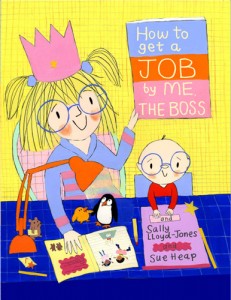 Half the Church: Recapturing God’s Global Vision for Women by Carolyn Custis James
Half the Church: Recapturing God’s Global Vision for Women by Carolyn Custis James
My rating: 4 of 5 stars
So moved by reading Half the Sky: Turning Oppression into Opportunity for Women Worldwide by Nicholas Kristof and Sheryl WuDunn, Carolyn Custis James responded by writing a book that tackles God’s global vision for women. With clarity and insight, James sets out a theology of women that works both for affluent surburbanites and those in the developing world. Women matter to God, they are his beloved daughters, and that knowledge gives them a foundation to rest upon and strength to fight oppression and injustice.
James is challenging the church to answer three questions:
(1) What message does the church offer women in the twenty-first century?
(2) What will the church do to address rampant suffering of women throughout the world?
(3) What message are we sending to the world by how we value and mobilize our own daughters? (p. 41)
In answering the first question, James explains how women are made in the image of God, just as men are, are of great value. She also explains that God made women ezers, helpers. But unlike the docile doormats that many picture, Ezer is also the Hebrew word used to describe God’s strong help, how the mighty warrior defends and protects his people. Both men and women benefit and are at their best when they join together to serve the church and the world. I think her work in this area is invaluable to the church as an encouragement to women.
The second question is more of a challenge than anything else. Though James highlights some women who are fighting injustice around the world, there isn’t an easy solution to the problem of suffering and oppression and there isn’t an easy answer. I wish this had been more fully developed, and included more stories of women advancing the cause of justice and mercy.
More controversial than the other two, I appreciated the way James handled the third question. She established that it is wrong for us to equate biblical womanhood with being a wife and a mother, which are two good and valuable roles that we often elevate to the point of excluding and marginalizing other women. Her ministry is not for or against women’s ordination or a blanket egalitarianism, which is sure to frustrate those on both sides who would like to see her take a strong position one way or another. But I find it wise, as those with either conviction can learn a lot from James.
Half the Church could have been organized a little better, and integrated justice more clearly as well, but I still appreciated it. It is a good book, not a perfect one, but one that will encourage the church.









